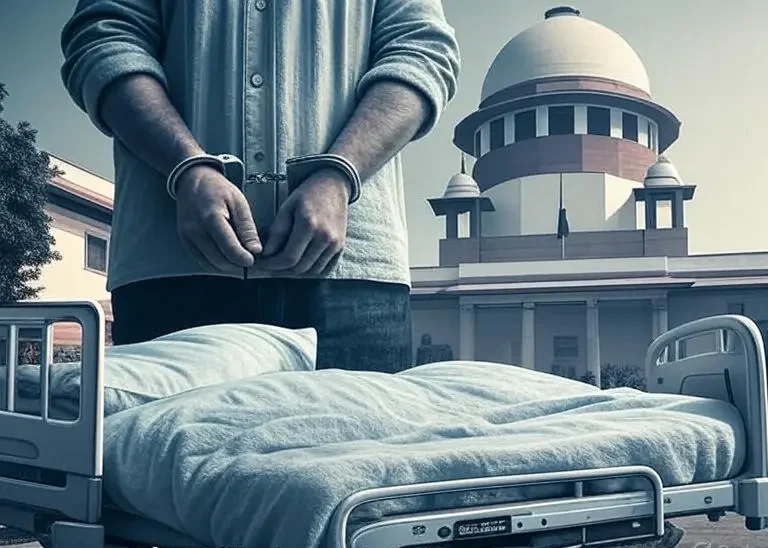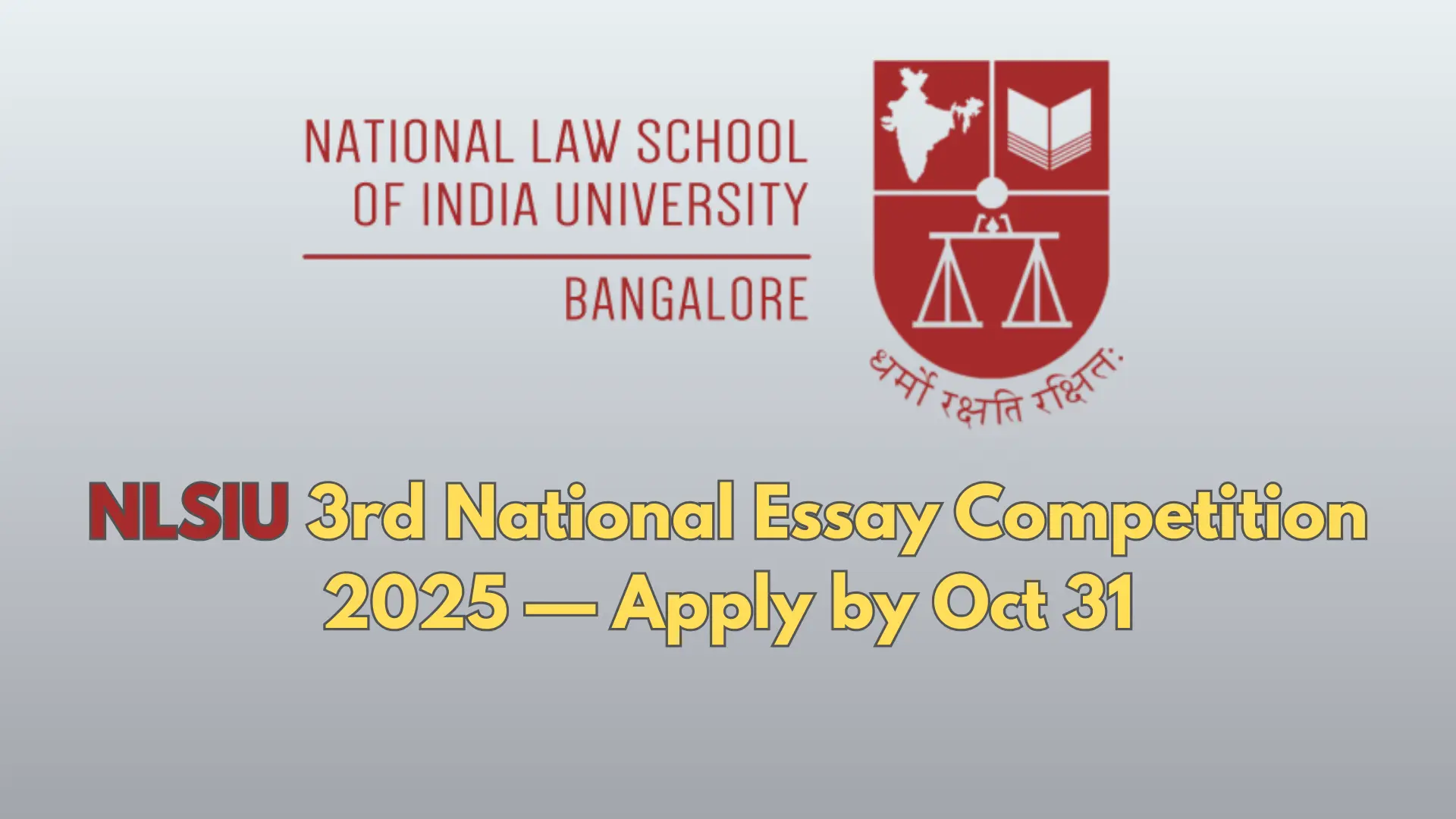Case Background
In June 2024, Vihaan Kumar was arrested on multiple charges, including criminal breach of trust and forgery. While he was in police custody, officers took him to a government hospital for medical check-ups. But instead of treating him with basic dignity, they chained him to the hospital bed — without any court order or medical reason.
What made the situation worse was that the police never explained the reason for his arrest in a language he could understand. That goes directly against Article 22(1) of the Constitution, which clearly states that every arrested person must be informed of the grounds of arrest as soon as possible.
Key Issues Before the Court
The case raised some serious constitutional questions:
- Did the police follow proper legal procedure during arrest?
- Was chaining someone to a hospital bed a violation of personal dignity?
- What is the responsibility of police and magistrates when it comes to fundamental rights at the time of arrest?
The Supreme Court ruled in favour of Vihaan Kumar and clarified some key aspects of how fundamental rights apply during arrest and custody.
Supreme Court’s Decision
Violation of Article 22(1)
The Court made it clear that when someone is arrested, the police must clearly explain the reason in a way the person can actually understand.
- Just handing over a printed FIR or arrest memo is not enough.
- Telling a family member instead of the person arrested doesn’t meet the constitutional requirement.
The right belongs to the individual — and they have to know, directly, why they are being arrested.
Burden of Proof on Police
If an accused person claims that the police didn’t tell them the reason for arrest, the burden lies on the police to prove that they did — and in the right way.
Article 21 and Human Dignity
Chaining an accused person to a hospital bed violates Article 21 of the Constitution. The Supreme Court directed the State of Haryana to ensure this kind of treatment is not repeated.
Duty of a Magistrate
The Court also reminded magistrates that they must actively check whether Article 22(1) was followed when the accused is brought before them.
- If the right was violated, bail should be considered immediately, even in serious or non-bailable cases.
Why Law Students Should Care
This case shows how the Constitution protects even those who are accused of crimes. For law students, here’s what to note:
- Arrest is not just a formality — it comes with strict legal duties.
- Courts are ready to step in when someone’s rights are ignored.
- Personal liberty isn’t just a theory — it’s real, and enforceable.
Final Takeaway
This case reminds us that liberty is not a favour the state gives — it’s a guaranteed right.
Even if someone is accused of a crime, their basic dignity and rights must be respected. And those protections don’t begin in the courtroom — they start from the very moment a person is detained or arrested.
The Supreme Court has made it clear: liberty comes first, always.








